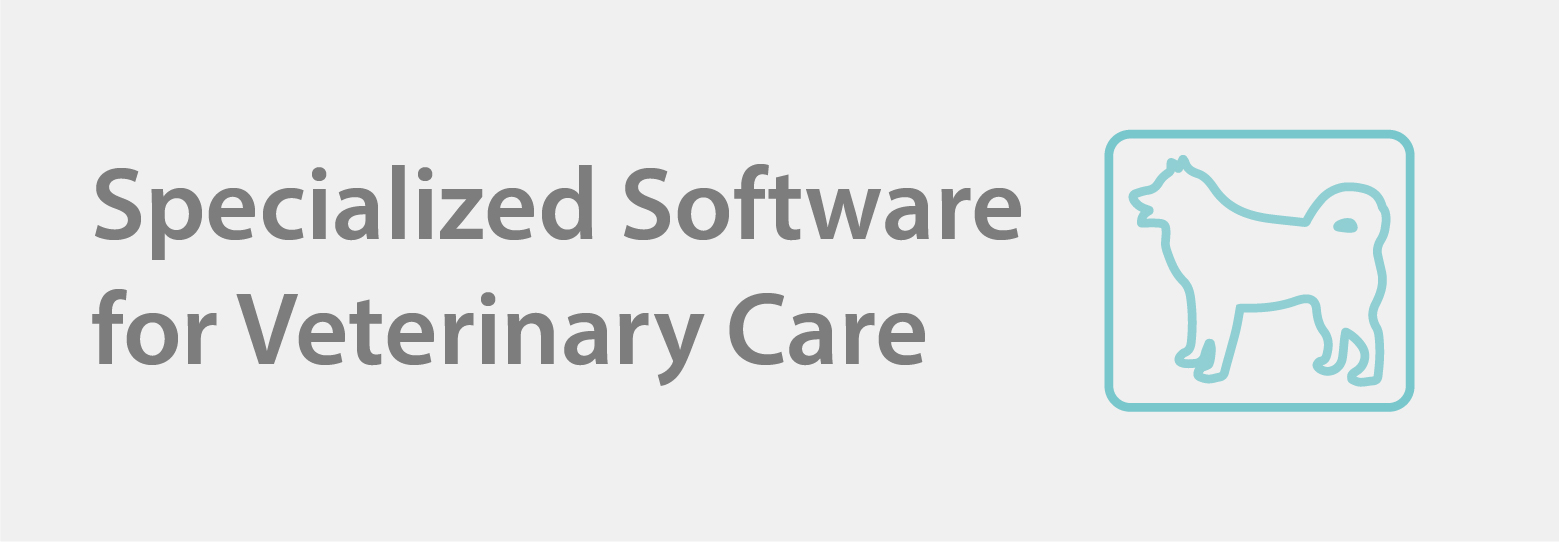Can I Use HSA for Pet Medication: A Comprehensive Guide to Saving on Vet Bills
Guide or Summary:What is a Health Savings Account (HSA)?Can I Use HSA for Pet Medication?How to Use an HSA for Pet MedicationBenefits of Using an HSA for Pe……
Guide or Summary:
- What is a Health Savings Account (HSA)?
- Can I Use HSA for Pet Medication?
- How to Use an HSA for Pet Medication
- Benefits of Using an HSA for Pet Medication
- Limitations of Using an HSA for Pet Medication
When it comes to pet care, the costs can quickly add up, especially when it comes to medication. However, pet owners may not be aware that they can use Health Savings Accounts (HSAs) to help cover these expenses. In this guide, we will delve into the intricacies of using HSAs for pet medication, explaining how it works, the benefits, and the limitations.
What is a Health Savings Account (HSA)?
Before we discuss using HSAs for pet medication, it's essential to understand what an HSA is. An HSA is a tax-advantaged savings account that individuals can use to pay for qualified medical expenses. Contributions to an HSA are made with pre-tax dollars, meaning that the money is not subject to federal income tax in the year it is contributed. Additionally, the earnings in an HSA grow tax-free, and withdrawals for qualified medical expenses are also tax-free.
Can I Use HSA for Pet Medication?
Yes, you can use an HSA for pet medication. While HSAs were traditionally used to cover human medical expenses, the IRS has broadened the definition of "qualified medical expenses" to include veterinary care. This means that pet medication, vaccinations, and other veterinary services are eligible for reimbursement from an HSA.
How to Use an HSA for Pet Medication
To use an HSA for pet medication, you'll need to follow a few simple steps:
1. Open an HSA: If you don't already have an HSA, you'll need to open one with a participating financial institution. Some HSAs are offered through employers, while others can be opened independently.

2. Make Contributions: Contribute funds to your HSA. The contribution limit for 2021 is $3,600 for individuals and $7,200 for families. Contributions can be made throughout the year, and there is no deadline for contributions.
3. Save Receipts: Keep track of all your pet's medical expenses throughout the year. This includes receipts for medication, veterinary visits, and any other expenses related to your pet's health.
4. Reimburse Expenses: At the end of the year, you can reimburse yourself for eligible pet medical expenses using funds from your HSA. You can do this by submitting your receipts to your HSA provider or by using online reimbursement tools.
Benefits of Using an HSA for Pet Medication
Using an HSA for pet medication offers several benefits:
1. Tax Savings: Contributions to an HSA are made with pre-tax dollars, meaning you'll save money on your taxable income. Additionally, withdrawals for qualified medical expenses are tax-free, further reducing your tax bill.

2. Lower Out-of-Pocket Costs: By using an HSA to pay for pet medical expenses, you can reduce your overall out-of-pocket costs. This can be especially helpful for pet owners who have high medical bills.
3. Increased Flexibility: HSAs offer greater flexibility than traditional insurance plans. You can use your HSA to pay for any eligible medical expense, including pet care, without having to worry about deductibles or co-payments.
Limitations of Using an HSA for Pet Medication
While using an HSA for pet medication can offer significant benefits, there are some limitations to keep in mind:
1. Contribution Limits: The contribution limit for HSAs is set by the IRS and can change from year to year. It's important to stay up-to-date on the latest limits to ensure you're not missing out on potential savings.
2. Eligibility Requirements: To contribute to an HSA, you must be enrolled in a high-deductible health plan (HDHP). Additionally, you must not be covered by Medicare or be enrolled in any other health plan that provides coverage for preventive care.

3. Reimbursement Process: While using an HSA for pet medication can be a great way to save money, the reimbursement process can be time-consuming. You'll need to keep track of all your expenses, submit receipts, and wait for reimbursement.
In conclusion, using an HSA for pet medication can be an excellent way to save money on veterinary care. By understanding how HSAs work and following the steps outlined above, pet owners can take advantage of this tax-advantaged savings option and enjoy greater financial security. However, it's important to keep in mind the contribution limits and eligibility requirements to ensure you're using an HSA in the most effective way possible. With careful planning and management, an HSA can be a valuable tool for covering the costs of pet care.